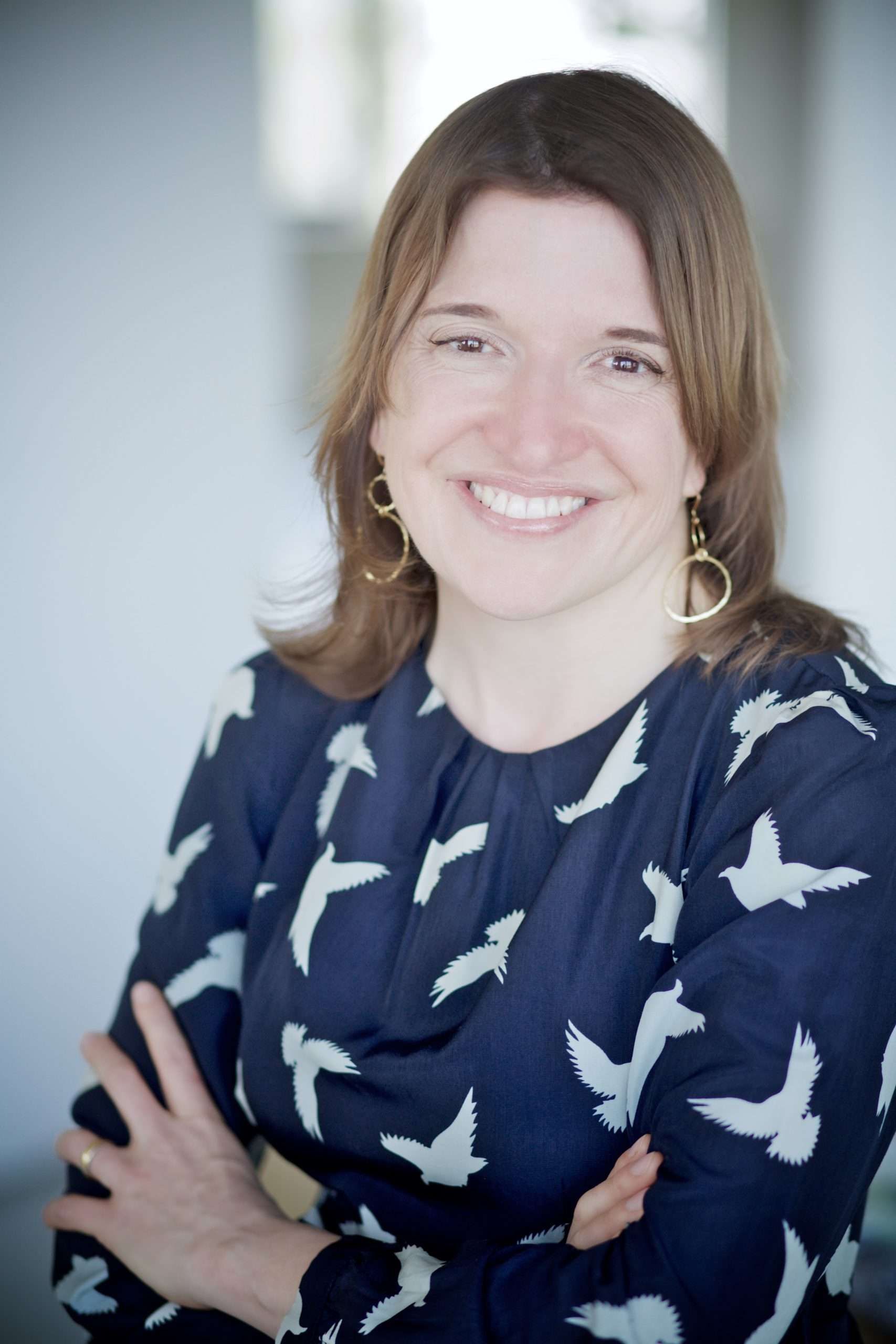
Gesa Döringer
Gesa is an experienced SF therapist and occupational therapist.
For the past 15 years she has been working as a jobcoach at the department for Early Onset Psychosis of Amsterdam UMC, combining her two professions with passion. She respectfully witnesses the resilience and solutions of her clients and admires how they dust themselves off after experiencing psychosis and dare to focus on their goals and next steps ahead. Experiential learning and game elements are her secret ingredients to hold space for her clients and encourage them to gain new insights and flexible perspective taking. For the past 10 years she has worked as an author and SF Trainer in Germany and the Netherlands, teaching SF and, more recently ACT. In 2020, she published a first book on SF for occupational therapists in Germany.
The Mindsetter - A game that encourages clients to SET goals and reMINDs them of their resources
Come and play!
The Mindsetter Game© is an innovative Solution Focused intervention developed with the objective to apply the SF approach in therapy or coaching and teach it in workshops and training. Due to its size of 2x2m and being played on the floor, The Mindsetter is literally holding space for clients and their desired future. And it has proven to be effective to set the stage for new ideas and first steps towards the outcome a client is hoping for.
There are two versions of The Mindsetter available. The first is for teaching SF. This version facilitates an active knowledge acquisition of students or practitioners learning SF or in team supervision. Participants are invited to reflect on four of the basic tenets of this approach and discuss the implications of these tenets in the context of their professional environment. They do this in an SF manner: What is already working? What would they like to see or do differently and what difference would that make? What does ‘leading from one step behind” look like in their diverse work settings? And what to do if something isn’t even broken but they feel like they ought to be fixing it anyway?
Instead of a lecture the game facilitates a collaborative and creative stance. By discussing and reflecting on the questions in small groups, players gain new insights, share sparkling moments, co- create metaphors and formulate their own take- home message. And they decide on a first step towards their professional goal. So far, the training version has been applied and well received in diverse settings: e.g. with peer- support workers, university students, workshop and training participants and teams in diverse health care settings.
The second version of the mindsetter was developed for therapy and coaching and can be used in a group(-therapy) or team setting as well as with individual clients. In this version each participant starts by formulating a personal goal and defining their best hopes for how the session with the mindsetter will be useful for that.
The game creates a safe space where new ideas, hope and self-confidence can flourish. In a group setting it stimulates collaboration and peer support. During the process of the game the players are focusing on their personal goal while moving in spirals around the four quadrants of The Mindsetter. They move through the four quadrants individually, witnessing each other’s process and progress. By answering the SF questions in each quadrant, they are guided to look at their goal and resources from different angles, gaining new perspectives. Even more so by answering out loud, sharing with and listening to each other. Quote from a participant: “The discovery of your personal and each other’s Recovery Universe.”
The questions of the quadrants invite the participants to:
- ...define their best hopes (Quadrant 1),
- ...become aware of what’s already working (Quadrant 2),
- ...re-tune their behaviour (Quadrant 3),
- ...identify helpers and resources (Quadrant 4).
During this SOL- workshop, a short introduction to the game will be given and the lessons learned so far will be shared. The mayor part of the workshop will be interactive and experiential. The participants will play the coaching version of the Mindsetter, experiencing its effect first hand. In plenary we will reflect on that and share ideas. How can game elements enhance therapy and teaching SF? Let’s play and find out....
Format: Workshop
Level: Introductory and Intermediate/Advanced
Maximum number of attendees: 20
